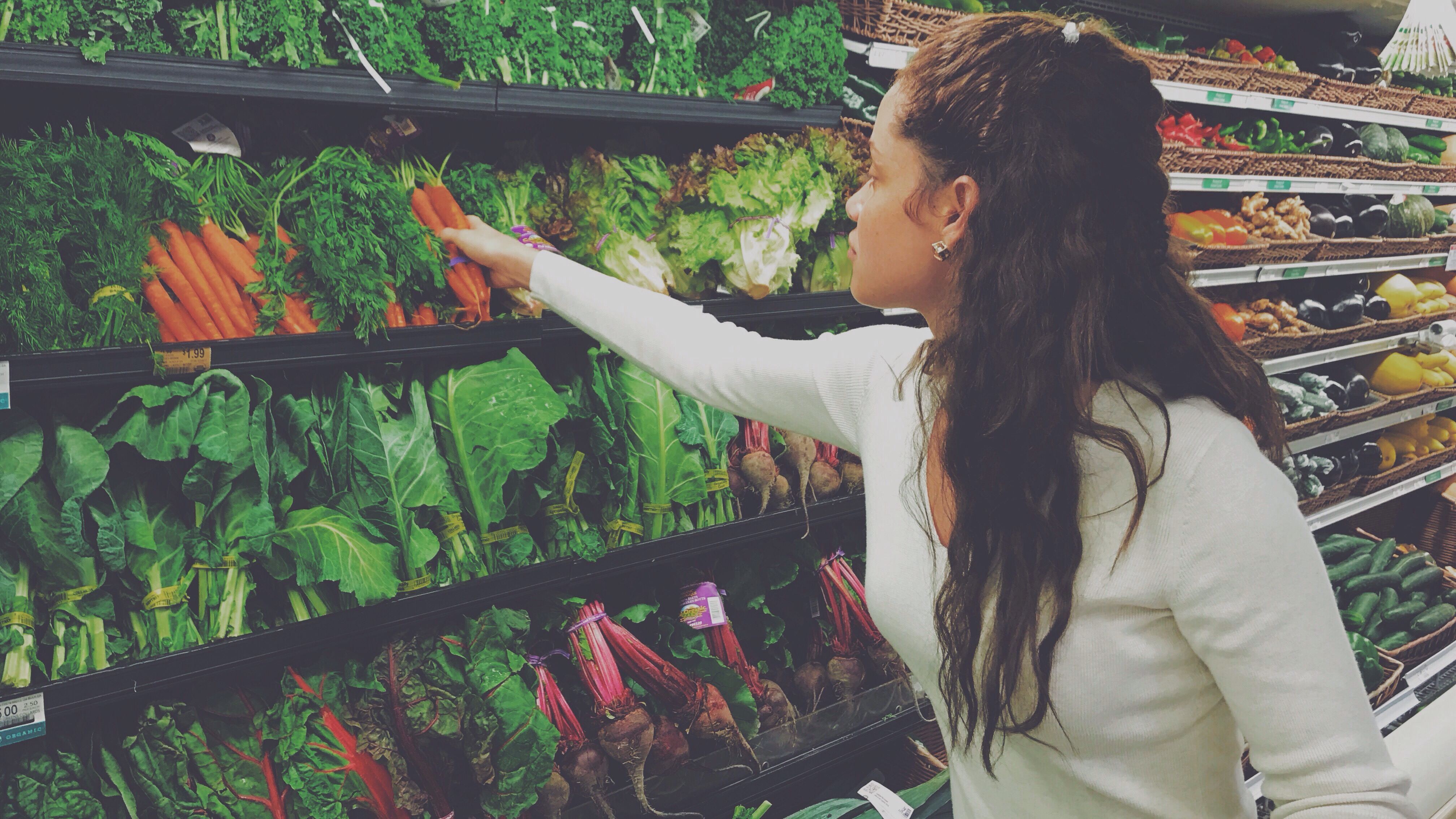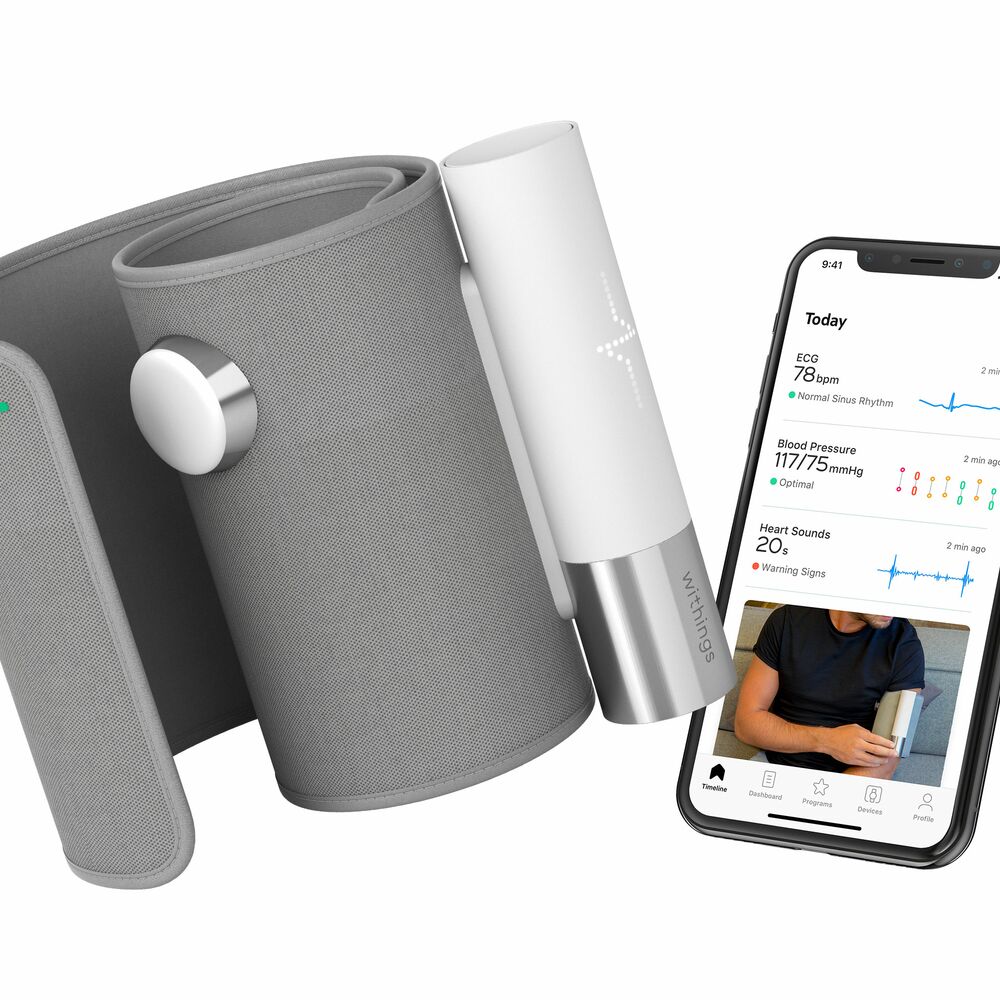
What if you could pay for your groceries…with health insurance? A group of Tufts University researchers looked at the potential health and economic impacts, and here’s what they found.
You’ve probably heard the saying “food is medicine,” and now, there may be proof: A new study from Tufts University researchers shows that using insurance to cover the cost of healthy food is cost-effective and, yes, healthier for you.
In a study published in PLOS Medicine, researchers looked at the potential effects of using Medicare and Medicaid to cover 30% of the costs of healthy food through an electronic debit card. “But what did they consider healthy?” you’re probably asking. That was our first question, too. Well, they actually modeled two different scenarios: In one, 30 percent of fruit and vegetable purchases were covered; the other scenario covered a slightly wider range of foods, including fruits, vegetables, whole grains, nuts and seeds, seafood, and plant-based oils.
The results are staggering: For the second scenario, the researchers projected 3.28 million prevented or postponed cardiovascular cases, and potentially 120,000 fewer cases of diabetes. The research indicated that only the second scenario might reduce diabetes, because whole grains and nuts can play a role in diabetes prevention—but the first scenario showed impressive results too: 1.93 million fewer cases of cardiovascular disease. And for the finance nerds out there, know that it’s economical, too: the program would become cost-effective after 5 years and save $100 billion over the model population’s lifetime.
So: Potentially fewer cases of heart disease—the leading cause of death for both men and women—and diabetes, cost-effectiveness, and best of all, delicious and tasty fruit ‘n veg. Win-win for everyone, right?
But questions, I still have ’em. One, it’s a great study—but it is only a model. How would something like this be put into practice? Two, what about “food deserts”—communities where fresh fruit and veg and other healthy options are in short supply to begin with? Three, don’t get us wrong, plant-based diets are great—but what about those on specialized diets? Are they left out of the loop? And what about those who aren’t eligible for Medicare or Medicaid?
I’m sure there are more questions, but there’s no doubt it’s a really cool study, and I can’t wait to see what comes next. Keeping an eye on you, Tufts, and thanks for the delicious food for thought.



